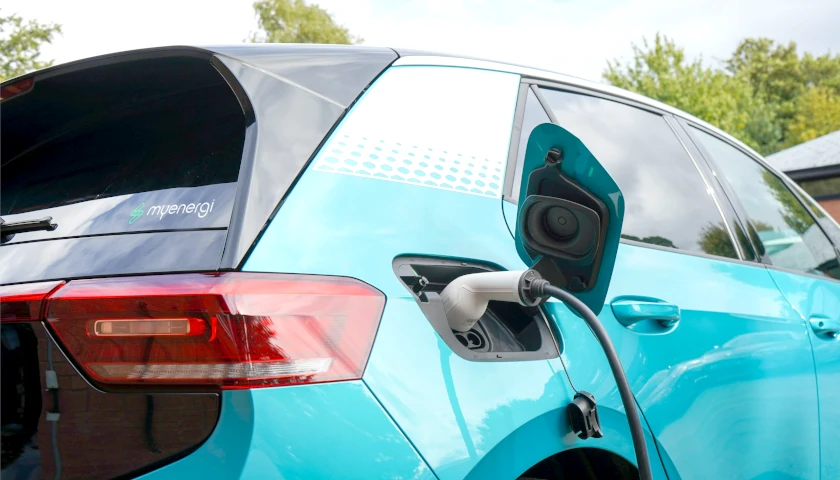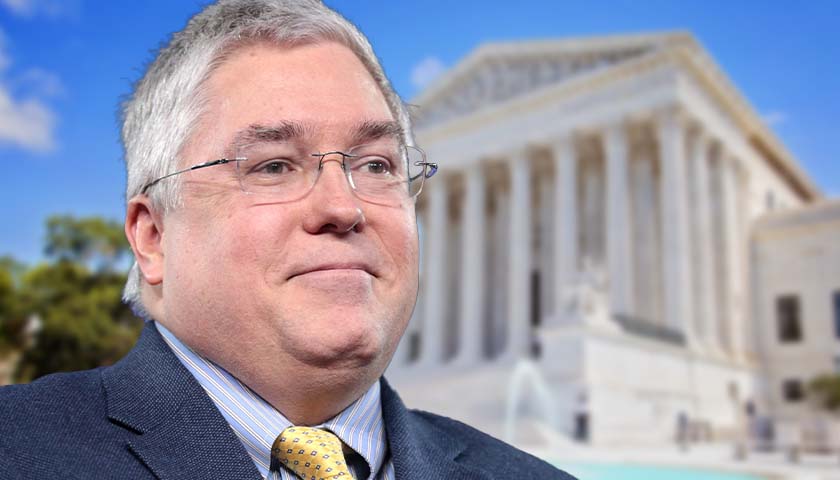A 26-state coalition is suing the Biden administration over a new rule that increases the average fuel economy of passenger cars and light trucks.
The states filed a legal challenge in the U.S. Sixth Circuit Court of Appeals against the National Highway Traffic Safety Administration (NHTSA) to block the agency’s new fuel economy requirements for passenger cars and light trucks, which the agency finalized on June 7. Provided it withstands legal challenges, the rule will require auto manufacturers to adhere to an industry-wide fleet average of approximately 50.4 miles per gallon for passenger cars and light trucks by 2031 – a move that, critics say, would force car companies to drastically increase the share of their fleets that are electric vehicles (EVs), and, in turn, would negatively impact consumer pocketbooks and American energy independence.
Read More



